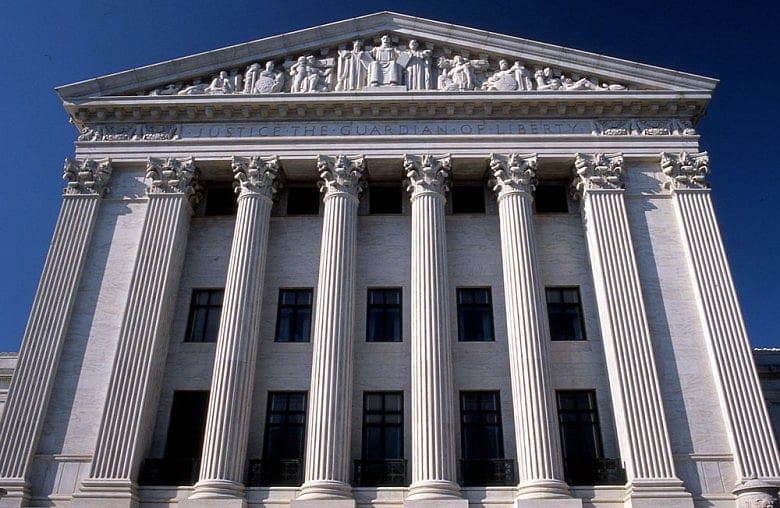The forgotten art of self-government

Harkening back to the days when Massachusetts was known derisively as "Taxachusetts," a liberal coalition is pushing to amend the state constitution to impose a 9 percent tax on incomes above $1 million. The amendment would override the state constitution's current prohibition on graduated income taxes.
Putting aside the question of whether the proposed amendment is good policy — and in a highly competitive national and international economy struggling with weak growth, it's not — the effort actually warms my heart.

